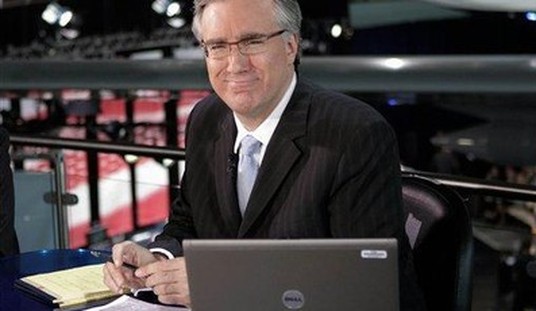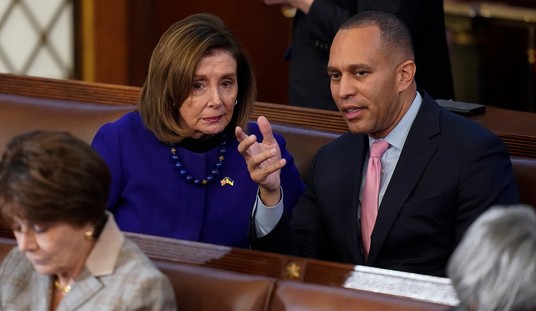New York Times columnist David Brooks, who is about as close to a conservative as that liberal newspaper publishes, wrote something last week that gets to the heart of why Democrats, especially, but also some Republicans, fear a second Trump administration.
After extolling what he believes to be the personal virtues of some Republicans (he mentions Mitt Romney, whose personal virtues are undeniable, but who lost to Barack Obama in 2012), Brooks worries about what he regards as Donald Trump's lack of virtues and the president-elect's "department of government efficiency" and its declared goal of reforming, even eliminating, many programs and agencies.
Here's the problem. Government agencies and programs are not called institutions and synonyms such as "the deep state" and "the establishment" for nothing. They continue to exist, regardless of the failure of many to perform well, because they enjoy a political and financial inertia that is difficult to slow down, much less stop or reverse.
These entities may not enjoy widespread public support, but they do benefit from lobbyists, interest groups and labor unions who make substantial contributions to the political campaigns of members of Congress. Those in the House of Representatives control the money flow and are reluctant, to the point of resistance, to end or reform the status quo.
Anyone who remembers the outcry over the Base Realignment and Closure (BRAC) process more than two decades ago, will recall what I mean. Members of Congress, whose districts were affected by base closings, squealed like stuck pigs. The key to success was the way BRAC was presented to the public: "The commission's purpose is to downsize the military infrastructure in a way that is efficient and effective, and to increase operational readiness. The commission's work is intended to be free from partisan politics."
Recommended
Memo to the incoming Trump administration: This is the way you can eliminate or greatly reduce the size of an under-performing agency or program. You make it sound like it is in the self-interest of a majority of Americans. In the case of government downsizing, it is.
Brooks suggests in his column that our institutions should be preserved and possibly reformed from within. That's been tried over and over again and has failed. It is why Trump's message about blowing up the status quo and rebuilding those which remain useful on a new foundation resonated with so many voters in last month's election. They see their tax dollars wasted by irresponsible politicians.
Eternal life should be the subject of sermons by preachers and classroom topics in seminary classrooms, not government agencies and programs. If something is "promoting the general welfare" and "providing for the common defense" at reasonable cost and efficiency, it should be kept. If it has exceeded its "sell-by" it should be discarded like spoiled milk.
The Founders established a nation based on the philosophy that citizens are the ones who hold ultimate power and they only lend that power to government. Today it is more like a power grab by politicians and bureaucrats telling us how much authority over our lives they will allow us to have while forcing us to pay ever more in taxes to support their careers and favorite programs.
That is why so many are fed-up with Washington and want to see real change. We are about to learn who is more powerful - the establishment and its institutions - or "we the people of the United States."

























Join the conversation as a VIP Member